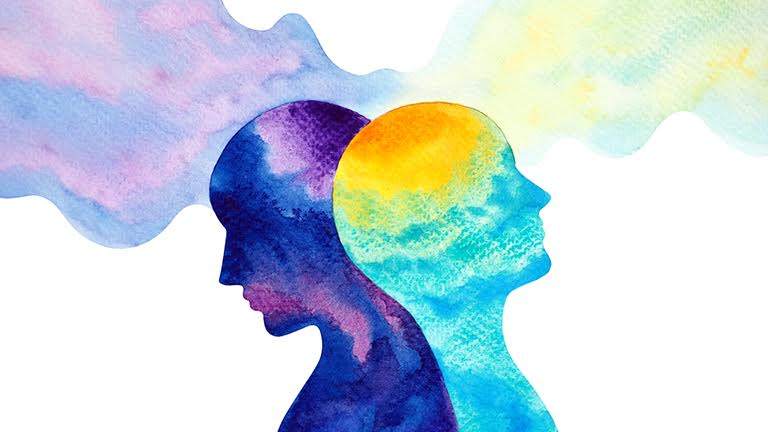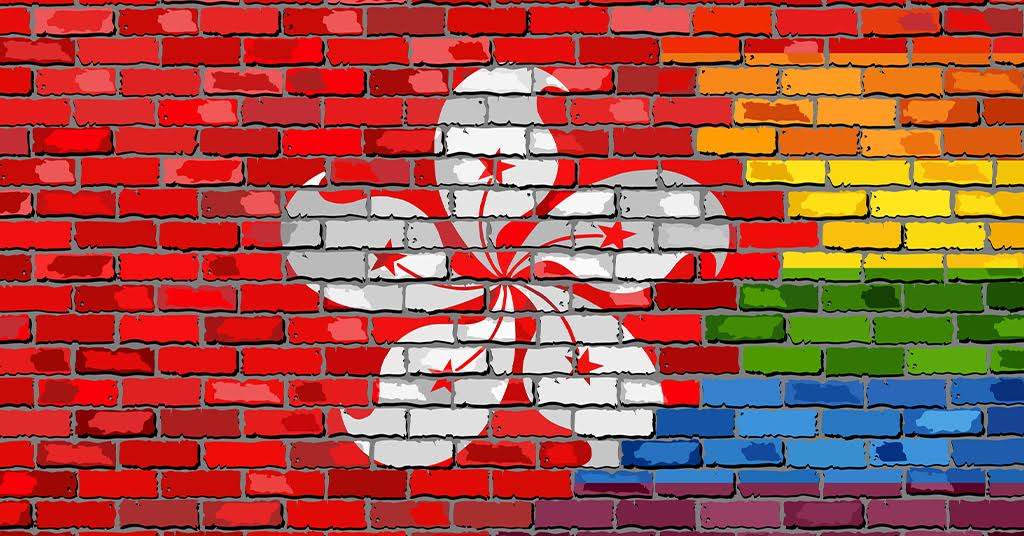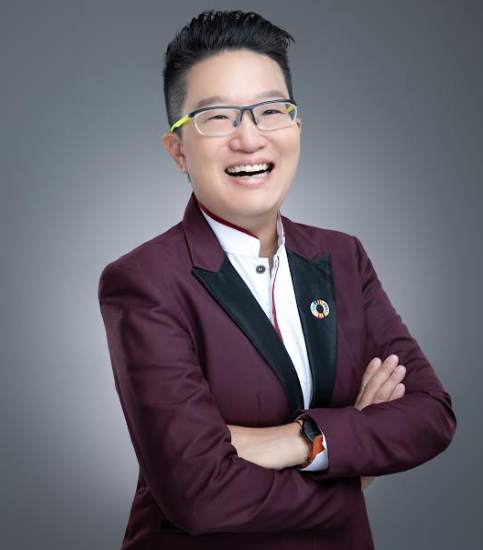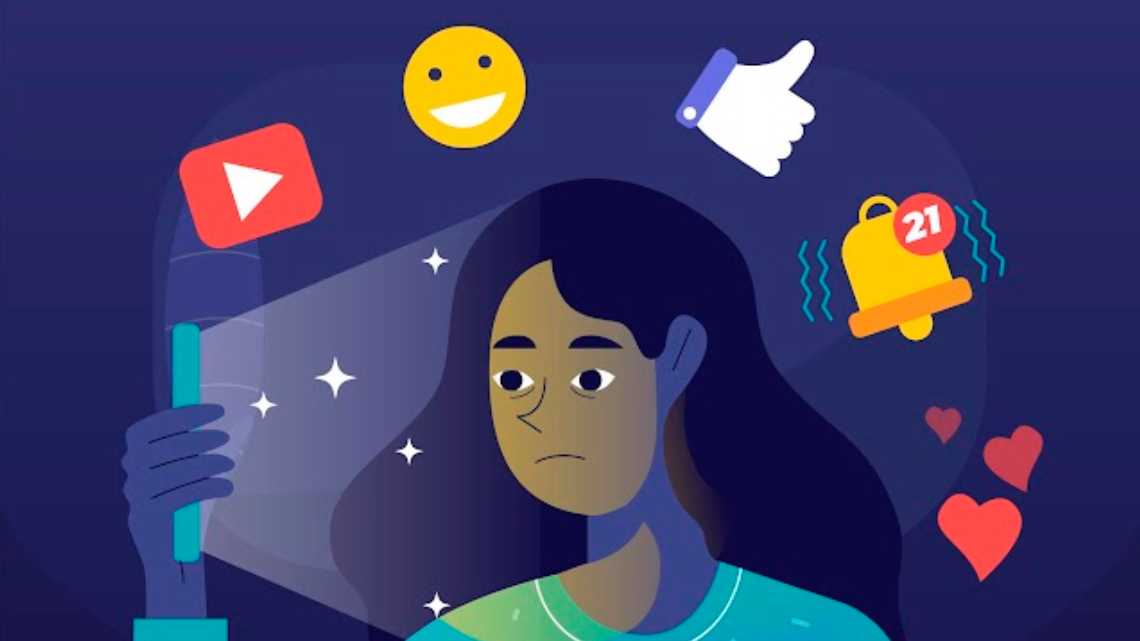
As a non-binary, bipolar lesbian in Hong Kong, I’ve had a unique experience within these two communities. I self-identified as a lesbian in my early teens, though it wasn’t until my college years that I officially came out to my mother. Her religious background made her initially taken aback, but it wasn’t until years later, when she saw I was in a serious relationship, that she fully acknowledged my sexual orientation.
While being a lesbian didn’t pose severe hindrances in my daily life – I attended an open-minded single-sex school and college – I did occasionally face gender microaggressions, such as being told “You don’t belong in this toilet.” Unfortunately, not all LGBTQ+ youth have such a welcoming experience. In 2022, two students from a prestigious girls’ school in Happy Valley died by suicide in what appeared to be a tragic relationship-related pact (Shum, 2022). In 2017, the death of a 24-year-old transgender woman in Tai Wai (Pang, 2017) further highlighted the difficulties faced by transgender individuals in Hong Kong.
My own mental health journey has also been challenging. I was diagnosed with bipolar disorder in my mid-20s after struggling with severe depression for months. This caused great distress for my family. While I’ve since recovered and stabilized, for a long time, I feared the stigma associated with this identity. It was only later that I learned LGBTQ+ people disproportionately suffer from mental health issues.
A 2019-2020 survey by the Sexualities Research Programme of the Chinese University of Hong Kong and the Transgender Resource Center (Suen, 2021) found that 76% of transgender respondents faced rejection in different areas of their lives, and 62% experienced victimization. LGBT+ individuals are at a greater risk of poor mental health, such as depression and suicidal thoughts, compared to cisgender heterosexual individuals.

A 2018 CUHK study also corroborated these findings, with 64.5% of the 1,050 LGBT+ participants experiencing mild-to-severe depressive symptoms (Chan & Mak, 2018). They are also more prone to social anxiety disorder, which can severely impact daily life.
These statistics hit home when I learned of the tragic suicides of famous figures like gay icon Leslie Cheung and lesbian singer Ellen Loo. I’m not sure how much their sexuality compounded their mental health struggles, but there seems to be a clear connection.
While my identities as a highly educated, middle-class lesbian have shielded me from rampant discrimination, I know this isn’t the case for all LGBTQ+ individuals, especially those who lack legal protections and resources. Hong Kong’s anti-discrimination laws, for example, do not cover sexual orientation.
With the support of my friends and colleagues, I’ve overcome my hesitancy to be open about my mental health journey. But I know many young and LGBTQ+ people are still grappling with homophobia and heterosexism. I hope to encourage others that it’s possible to be a proud LGBTQ+ individual with mental health conditions and still navigate life successfully.
For parents and educators, I urge you to maintain an open, welcoming attitude if a young person comes out to you or is questioning their sexuality. This is a profound sign of trust, and your role should be to protect, support, and keep their identity confidential until they’re ready to share. We all have more to learn about being active allies.
Photo Credits:
First image: Istock pc: enjavisa
Second image: Istock pc: VlatkoRadovic
References
Shum, M. (2022, May 19) Schoolgirl ‘lovers jump in suicide pact’. The Standard. https://www.thestandard.com.hk/section-news/section/4/241816/Schoolgirl-%27lovers-jump-in-suicide-pact%27
Pang, J. (2017, July 10). Concerns of ‘social exclusion’ following death of 24-year old transgender woman. Hong Kong Free Press. https://hongkongfp.com/2017/07/10/concerns-social-exclusion-following-death-24-year-old-transgender-woman/
Suen, Y.T. et al. (2021). Excluded lives: The largest scale survey on the social and legal marginalisation of transgender people in Hong Kong so far. Hong Kong: Sexualities Research Programme, Chinese University of Hong Kong. https://www.tgr.org.hk/attachments/article/340/TransReport%2020210512_English.pdf
Chan, R.C.H.,& Mak. W.W.S. (2018). LGBT community mental health research report series 1: Mental health. Hong Kong: Diversity and Wellbeing Laboratory, Department of Psychology, The Chinese University of Hong Kong. https://746f389c-b68b-4e49-b881-5c058833839d.filesusr.com/ugd/1bf55d_231d8974cea841b1b4f8fac6676c3d48.pdf

Benita Chick
About the author
Benita Chick founded Encompass HK in 2018 to promote Sustainable Development Goals (SDGs) through education and consultancy. As a non-binary, bipolar lesbian, Benita regularly shares her personal journey in media interviews and panels. Benita teaches part-time in The University of Hong Kong on SDGs and The Chinese University of Hong Kong on DEI.
Recently Added
Parental mental health plays a monumental role in a child’s social, emotional, behavioural and psychological development. Parents and caregivers are central to …
Generation Z, popularly known as Gen-Z, is the class of individuals born between 1996 and 2010. These individuals were born directly into …
Adaptogens are a class of natural herbs, roots, and mushrooms that assist the body in adapting to stressors in the environment. These …




